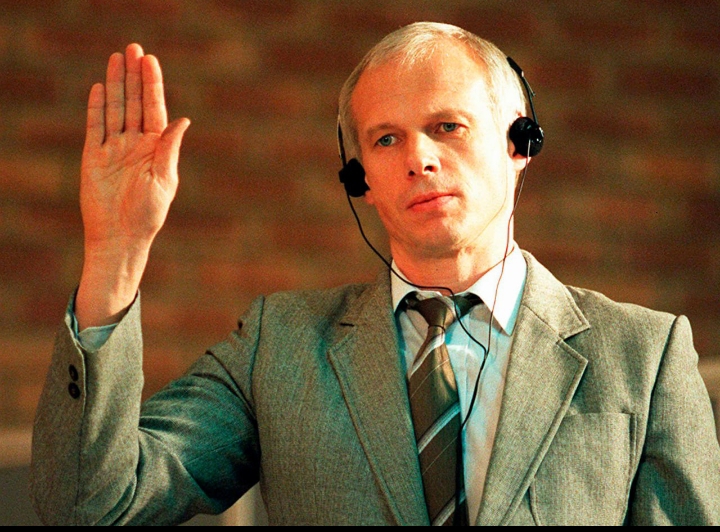South Africa expels murderer of an anti-apartheid activist to Poland
By Yahaya Idris
Janusz Walus is a Polish national who was convicted of assassinating Chris Hani, a prominent South African anti-apartheid leader, in 1993. Walus was a far-right extremist and a member of the White Warrior Resistance.
Chris Hani was a leading figure in the fight against apartheid and a key leader in the South African Communist Party. His assassination was a significant blow to the anti-apartheid movement and sparked widespread outrage and protests.
Walus was arrested, tried, and sentenced to life imprisonment for Hani’s murder. He has since been denied parole several times. The assassination and its aftermath had significant implications for South Africa’s transition to democracy.
Recently, the South African government announced the deportation of Janusz Walus, the 71-year-old Polish immigrant and Afrikaner far-right associate convicted of the 1993 assassination of South African anti-apartheid leader Chris Hani, which was scheduled to occur following his 2022 parole release to Poland. Interior Minister, Dr Leon Amos Schreiber acknowledged the challenge of the decision, stressing that Poland would cover the costs of deportation, rather than passing them on to South African taxpayers.
The prompt arrest of Walus immediately following the murder – with the murder weapon and blood discovered in his vehicle – provided compelling evidence, and the incident itself exacerbated racial tensions.
Walus’s initial death sentence was commuted to life imprisonment in 2000; his 2021 parole application was initially denied before the Supreme Court granted it. Following the revocation of his South African citizenship in 2017, he retained only Polish nationality. His two-year parole period expired Friday, leading to his deportation.
The assassination of Chris Hani, the 50-year-old SACP general secretary, remains a profoundly symbolic event, annually commemorated in South Africa as a poignant reminder of the fight against apartheid.










